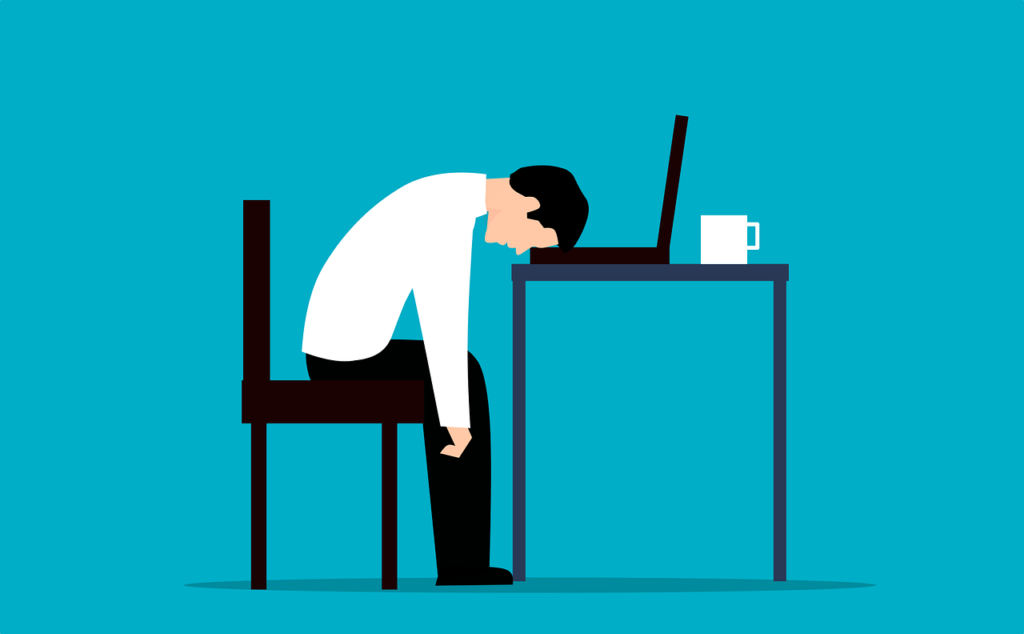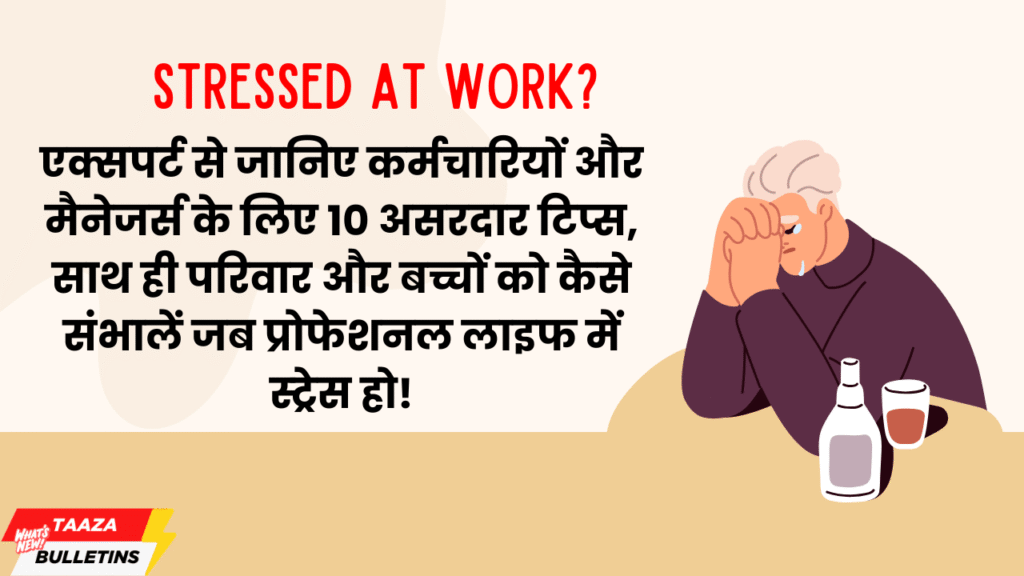Comprehensive Stress Management Guide for Gen Z
Stress has emerged as a widespread concern, especially among Generation Z, defined as individuals born between 1997 and 2012. According to the American Psychological Association’s 2023 Stress in America survey, young adults aged 18 to 34 report an average stress level of 6 out of 10, significantly higher than the 3.4 reported by those aged 65 and older.
This heightened stress can be attributed to a variety of factors, including academic demands, financial worries, the impact of social media, and significant global events.
Effectively managing stress is essential for preserving both mental and physical health. A holistic approach to stress management includes several strategies:

1. Mindfulness Practices
Mindfulness entails concentrating on the present moment while recognizing and accepting one’s emotions, thoughts, and physical sensations without judgment. Research has shown that mindfulness-based interventions, such as Mindfulness-Based Stress Reduction (MBSR), can greatly diminish stress and enhance overall well-being.
Practical Steps:
Meditation: Allocate a few minutes each day to sit in silence, focusing on your breath and observing your thoughts without engaging with them.
Body Scan: Gradually direct your attention to various parts of your body, consciously releasing tension as you move through each area.
Mindful Activities: Fully immerse yourself in everyday tasks (such as eating or walking) by paying close attention to the sensory experiences they offer.
2. Physical Activity
Engaging in regular exercise serves as a powerful means of reducing stress. Physical activity boosts endorphin production, which improves mood and acts as a natural stress reliever. Research indicates that incorporating exercise can help alleviate symptoms associated with stress, depression, and anxiety.
Practical Steps:
Aerobic Exercises: Activities such as walking, running, or cycling are particularly beneficial.
Mind-Body Practices: Engage in yoga or tai chi, which combine physical movement with mindfulness.
Strength Training: Include weightlifting or resistance exercises to enhance both physical and mental resilience.
3. Time Management
Efficient time management can alleviate stress by fostering a sense of control over one’s obligations. Conversely, inadequate time management may result in heightened stress and anxiety.
Practical Steps:
Prioritization: Determine which tasks are both urgent and important, concentrating on these before attending to less critical responsibilities.
Scheduling: Employ planners or digital applications to designate specific time slots for tasks, ensuring a well-rounded workload.
Breaks: Include regular short breaks to rest and recharge, thereby enhancing productivity and minimizing burnout.
The Importance of Stress Management for Generation Z
Generation Z encounters distinct stressors, such as the omnipresent impact of social media, economic instability, and global issues. Research indicates that individuals from Gen Z report elevated levels of anxiety and stress compared to earlier generations.
AMERICAN PSYCHOLOGICAL ASSOCIATION
Adopting effective stress management strategies is crucial for building resilience, enhancing mental health, and promoting a balanced lifestyle.
By incorporating mindfulness techniques, consistent physical activity, and effective time management into their daily lives, Gen Z can proactively tackle stress, resulting in improved well-being and a more rewarding life.
Why Gen Z Needs Stress Management
Gen Z (born 1997–2012) faces unique stressors:
- Digital Overload: 54% report social media-induced anxiety (APA, 2022).
- Climate Anxiety: 75% fear the future due to environmental crises (Lancet, 2023).
- Financial Pressure: 68% stress about student debt and job markets (Pew Research, 2023).
- Mental Health Crisis: 42% diagnosed with anxiety/depression (CDC, 2023).
Why Focus Now?
Chronic stress in youth correlates with long-term health risks (heart disease, weakened immunity). Proactive management builds resilience for adulthood.
1. Mindfulness & Meditation
Why It Works:
- Reduces cortisol by 28% (JAMA Psychiatry, 2021).
- Improves focus in a distracted world.
Gen Z-Friendly Practices:
- Micro-Meditations: 5-minute sessions on apps like Headspace or Breethe.
- TikTok Mindfulness: Follow @mindfulmft or @theholisticpsychologist for bite-sized tips.
- Gaming Meditation: Try apps like Zen Zone for gamified relaxation.
Research: A 2023 Nature study found Gen Z prefers app-based mindfulness over traditional methods.
2. Physical Activity Hacks
Why It Works:
- Exercise releases endorphins (natural mood boosters).
- Reduces anxiety by 26% (Journal of Clinical Psychology, 2022).
Gen Z-Approved Workouts:
- Short-Form Fitness: 10-minute TikTok dance challenges (#FitTok).
- Outdoor Adventures: Hiking, skateboarding, or parkour.
- VR Workouts: Apps like Supernatural merge gaming and fitness.
Pro Tip: Pair workouts with podcasts (e.g., Huberman Lab) to learn while moving.
3. Time Management for Multitaskers
Why It Works:
- Poor time management increases burnout risk by 3x (Harvard Business Review, 2022).
Gen Z Strategies:
- Time-Blocking: Use Notion templates to balance study/work/social life.
- Pomodoro Technique: 25 mins work + 5 mins scroll (apps like Focus Keeper).
- AI Assistants: Let ChatGPT prioritize tasks or draft schedules.
Research: Multitasking reduces productivity by 40% (Journal of Experimental Psychology, 2021). Focus on single-tasking.
4. Digital Detox & Boundaries
Why It Works:
- 48% of Gen Z say constant connectivity exhausts them (Deloitte, 2023).
How to Unplug:
- Screen Curfews: Use iOS Screen Time or StayFree to block apps after 9 PM.
- Analog Hobbies: Try bullet journaling or retro gaming (no WiFi needed).
- FOMO Fix: Replace endless scrolling with curated content (e.g., Snapchat Discover).
Stat: 1 hour less daily screen time = 14% lower stress levels (Journal of Social Psychology, 2022).
5. Social Support & Community
Why It Works:
- Strong social ties reduce stress by 30% (American Journal of Psychiatry, 2023).
Gen Z Connections:
- Peer Support Apps: HearMe for anonymous venting.
- Discord Communities: Join servers like Mental Health Hub for shared coping strategies.
- IRL Meetups: Use Meetup to find local hobby groups.
Pro Tip: Limit “comparison stress” by muting toxic accounts on Instagram/TikTok.
6. Sleep Optimization
Why It Works:
- Poor sleep increases stress hormones by 37% (Sleep Foundation, 2023).
Gen Z Hacks:
- Sleep Sounds: Use Spotify playlists with brown noise or ASMR.
- Nighttime Routines: Replace doomscrolling with Kindle reading or skincare rituals.
- Napletics: 20-minute power naps between classes (set alarms!).
Research: Gen Z needs 7–9 hours but averages 6.5 (National Sleep Foundation, 2023).
7. Creative Outlets for Emotional Release
Why It Works:
- Art/music reduce cortisol levels by 17% (Journal of Art Therapy, 2022).
Gen Z Ideas:
- Digital Art: Procreate doodles or TikTok edits.
- Podcasting: Start a mental health podcast on Anchor.
- Meme Therapy: Follow @sosadtoday for relatable humor.
Why Gen Z Should Lead the Stress-Management Revolution
- Digital Savvy: Can leverage apps/AI for personalized solutions.
- Advocacy Power: 67% prioritize mental health advocacy (Pew, 2023).
- Adaptability: Raised in crisis (pandemic, climate), naturally resilient.
Action Plan
- Daily: 5-min meditation + 15-min workout.
- Weekly: Digital detox Sunday + IRL hangout.
- Monthly: Audit stress triggers using Daylio mood tracker.
Let’s Build Your Personalized Stress Management Plan!
Drop your #1 stressor below (e.g., “social media anxiety,” “academic pressure,” “financial stress”), and I’ll create a science-backed, Gen Z-tailored plan for you.
Example Plan: Academic Pressure
(For inspiration – share your specific stressor for a custom version!)
1. Root Cause Analysis
Your Stressor: “I’m overwhelmed by exams, assignments, and fear of failure.”
Why It’s Stressful:
- High cortisol from deadlines → brain fog, burnout.
- Comparison to peers → imposter syndrome.
2. Your 4-Week Plan
Week 1: Reset Your Mindset
- Daily:
- ⏰ 5-Minute Morning Mantra: Write 3 affirmations (e.g., “I am capable, not perfect”).
- 🥑 Brain Food: Walnuts (omega-3s) + blueberries (antioxidants) for focus.
- Weekly:
- 📵 Digital Detox Friday: No study apps after 8 PM. Replace with a movie night.
Week 2: Optimize Productivity
- Tools:
- 📱 Forest App: Grow virtual trees by staying focused (25-min Pomodoro sessions).
- 🗂️ Notion Template: Use this free student planner.
- Hack: Batch similar tasks (e.g., group all readings on Tuesday).
Week 3: Stress-Proof Your Body
- Movement:
- 🧘 Yoga with Adriene (YouTube) – 10-minute “Study Break Flow.”
- 🚶 Walk & Podcast: Listen to The Happiness Lab while walking.
- Sleep: Use Reverie sleep sounds (free on Spotify).
Week 4: Build Resilience
- Social Support:
- 📱 Join Discord study groups (e.g., Study Together).
- 💬 Vent to a peer via 7 Cups (free anonymous chat).
- Reward: Treat yourself to a TikTok dance party after milestones!
3. Gen Z-Friendly Tools
- Focus Music: Lofi Girl YouTube.
- Stress Tracker: Bearable App (mood + habits).
- Quick Meditation: @goodenergy 1-minute TikTok meditations.
4. Science-Backed Why It Works
- Pomodoro Technique: Boosts retention by 40% (Journal of Educational Psychology).
- Walnuts: Improve cognitive function by 11% (British Journal of Nutrition).
- Peer Support: Reduces academic anxiety by 30% (Journal of Adolescence).
5. Sample Daily Schedule
| Time | Activity |
|---|---|
| 8:00 AM | Affirmations + green tea |
| 10:00 AM | Forest App study session (25 mins) |
| 1:00 PM | Walnut salad + 10-min walk |
| 3:00 PM | Batch-read articles |
| 8:00 PM | Yoga + Reverie sleep sounds |





